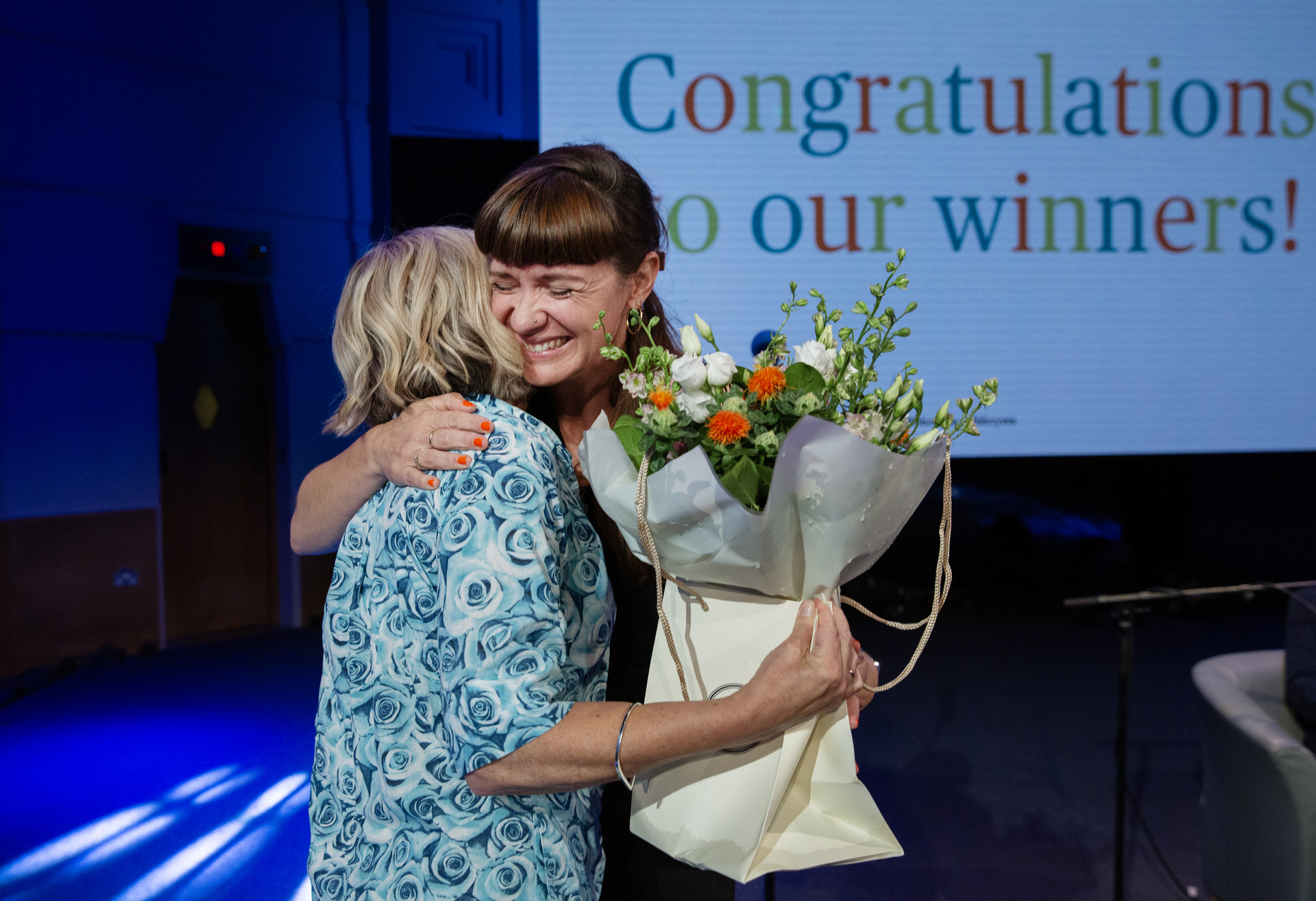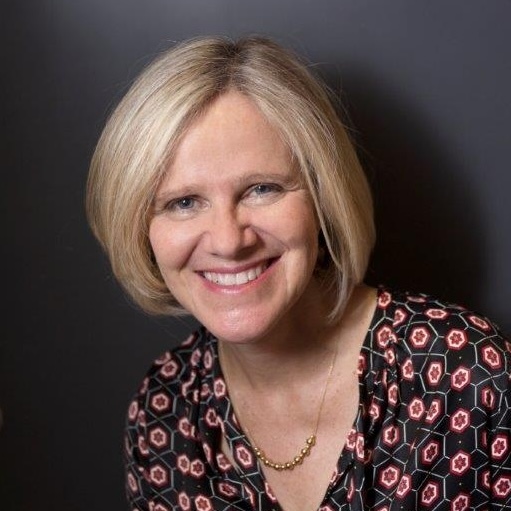
The annual BBC National Short Story Award grew out of a general concern, two decades ago, about the status of the short story genre in the UK – in stark contrast to its popularity in Europe, US and Australia, where leading short story authors were treated with the same respect as literary novelists, and often garnered similar sales.
As one of the leading commissioners of original short fiction, the BBC felt there was a lack of acknowledgment of the value of the genre, and no major prizes to encourage and reward its UK-based practitioners. ‘We wanted to say to people, look how wonderful and varied this form is! Look at what it can be!’ says Di Speirs, who co-founded the Award and has championed the genre at the BBC for decades.
The eligibility bar for the Award was set deliberately low from the start. Entrants needed to have a UK passport, or to have been resident in the UK for the previous six months. And they needed to have had something published at some point – it could be a poem, story, novel, memoir – as the result of an editorial selection process, in a magazine or book with an ISBN number.
That includes every one of the thousands of women we’ve published in Mslexia over the years – so get your skates on girls, the deadline’s 9 am GMT on Monday 17 March!
There is an 8,000-word limit for entries, but Di says that ‘most tend to come in at around 6,000’. And she urges writers to use that luxurious word limit wisely, to explore their stories’ layers and develop their characterisation. Though the five shortlisted stories normally have to be cut to fit into the length of a half-hour broadcast during judgment week, ‘it’s hard for a 2,000-word story to compete with the depth and complexity of an 8,000-word text’.
But she stressed that writers shouldn’t simply add words to fill the space. ‘We see a lot of entries that are exactly 7,999 words long, which suggests the writer might not be focusing on the right things in their editing process! Every story should be edited to the length that it needs to be.’
In terms of style and subject matter, she’s seen prominent topics come and go, with the issue of dementia popular for a few years, followed by concern about the environmental crisis, which has since been matched by an interest in migration. ‘There haven’t been many historical entries recently,’ she says, ‘so those we do see tend to stand out as a result. And there is never enough humour in the submissions – more please!’
The Award, which is run in partnership with Cambridge University, offers a £15,000 first prize that can be life-changing, allowing the author to take proper time out to focus on their craft, and adding a serious accolade to their list of achievements. But all five finalists receive what is often unprecedented coverage, being interviewed on the Radio Four flagship arts programme Front Row and having their work read out by leading actors during prime-time listening – the shortlisted stories are expected to attract 1.5 million listeners this year.
Di always urges members of the judging panel to ‘look beyond the merely competent to find stories that they feel passionate about’. That advice applies to prospective entrants too – to search through their drafts for the story that they might normally hesitate to choose: because it’s not in their usual style, perhaps, or is based on an idea that arrived out of the blue, or because it seems a bit odd or off-the-wall.
So what are you waiting for? That touch of strangeness might be the very thing makes your story into a winner.

